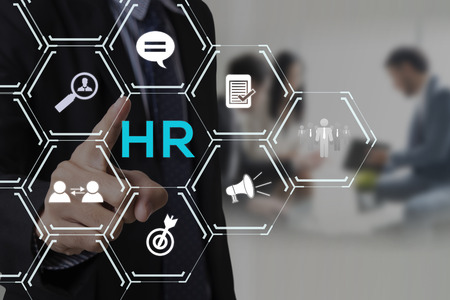At Next Innovation Asia, we understand that human resources (HR) play a vital role in the success of any organization. HR administrators, in particular, are the unsung heroes behind the scenes, ensuring that a company’s workforce functions smoothly and efficiently. In this article, we will provide a comprehensive guide to the key responsibilities of HR administrators, shedding light on the crucial tasks they perform to support a thriving workplace.
1. Recruitment and Staffing
One of the primary responsibilities of HR administrators is to oversee the recruitment and staffing processes. This includes posting job openings, reviewing applications, conducting interviews, and onboarding new employees. Ensuring that the right talent is in the right place is essential for a company’s growth.
2. Employee Records and Documentation
HR administrators are entrusted with maintaining accurate and confidential employee records. This includes personal information, performance evaluations, and documentation related to payroll and benefits. Compliance with legal regulations regarding data protection is a critical aspect of this responsibility.
3. Payroll and Compensation
Efficient payroll and compensation management is another key duty of HR administrators. They are responsible for calculating and distributing salaries, benefits, and incentives to employees. Accuracy and timeliness are crucial to keep the workforce motivated and satisfied.
4. Benefits Administration
Administering employee benefits such as health insurance, retirement plans, and leave policies is a core responsibility of HR administrators. They ensure that employees are well-informed about their benefits and help them navigate the associated paperwork.
5. Employee Relations and Conflict Resolution
Maintaining a positive work environment is essential for productivity and employee satisfaction. HR administrators play a crucial role in handling employee relations, addressing concerns, and mediating conflicts when they arise.
6. Training and Development
HR administrators are responsible for organizing and coordinating training and development programs for employees. This helps to enhance skills, improve performance, and contribute to long-term career growth.
7. Compliance with Labor Laws
Ensuring that the company complies with labor laws and regulations is a non-negotiable responsibility of HR administrators. This includes staying up-to-date with changing laws and making necessary policy adjustments.
8. Reporting and Analytics
Data-driven decision-making is becoming increasingly important in HR. HR administrators are responsible for collecting and analyzing HR data to identify trends and make informed decisions related to workforce management.
9. Workplace Health and Safety
Creating and maintaining a safe and healthy workplace is crucial. HR administrators help establish and enforce safety policies, conduct safety training, and manage worker’s compensation claims when necessary.
10. Employee Engagement
Fostering a culture of employee engagement is essential for retaining top talent. HR administrators organize engagement activities, collect feedback, and implement strategies to keep employees motivated and committed.
In conclusion, HR administrators at Next Innovation Asia in Chennai-Chromepet are the backbone of our HR operations. They handle a diverse set of responsibilities that contribute to the overall well-being of our employees and the success of our organization. If you have any questions about HR administration or need assistance in this area, please feel free to contact us or visit us in person at our location on Google Maps. We’re here to support your HR needs and help your business thrive.
“Become a Certified HR Professional with Next Innovation Asia, the top HR Training Institute in Chennai. Our practical HR courses come with assured job support. Join us and take your career in the HR domain to the next level!”

